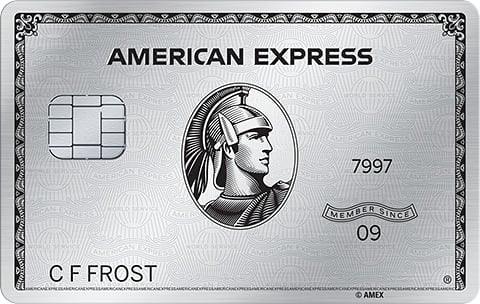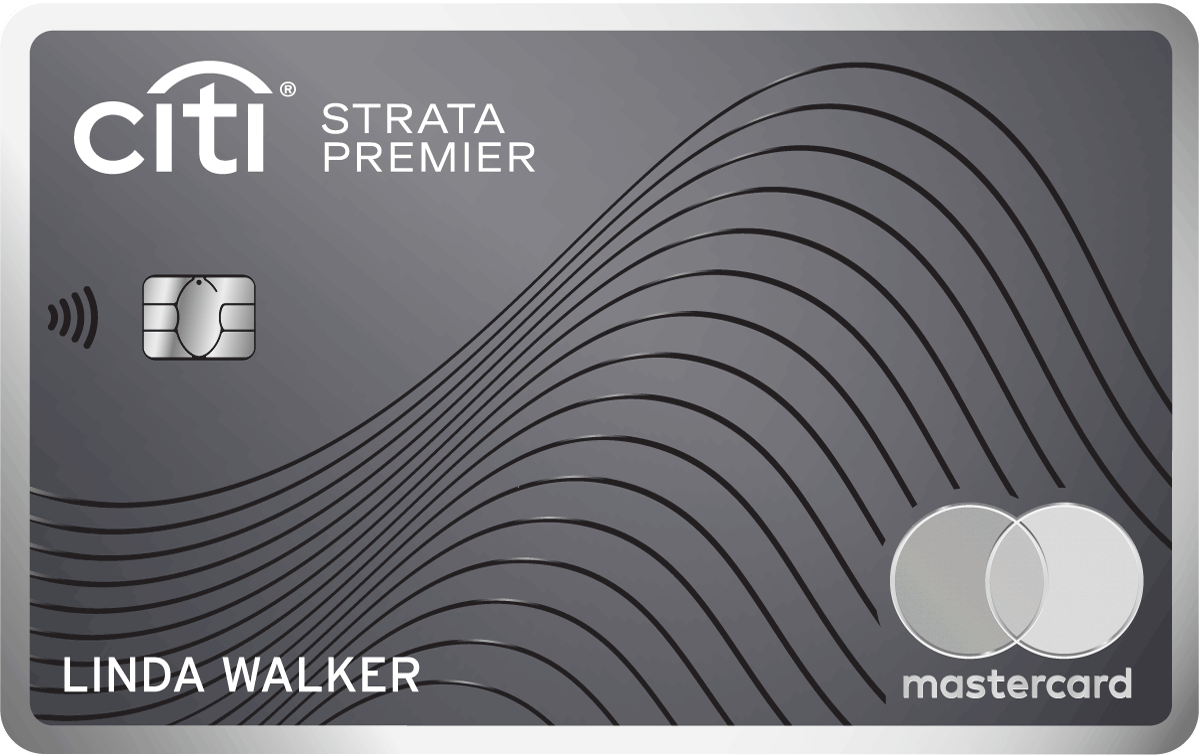How Much Are Travel Points and Miles Worth in 2026?
We analyzed the value of 21 different loyalty programs' points and miles to help you make smart money moves.

Many or all of the products on this page are from partners who compensate us when you click to or take an action on their website, but this does not influence our evaluations or ratings. Our opinions are our own.
Making the most of travel rewards requires some understanding of how much each reward currency is worth. Earning 100,000 points sounds great, but what does that mean in terms of dollars?
To find out, NerdWallet performed a comprehensive, data-driven analysis of dozens of airline, hotel and general credit card rewards programs. We compared cash and award bookings across many dates and cities to determine how much actual value you can expect to get from any given points or miles.
How points and miles valuations work
Valuations approximate how much your points and miles might be worth in terms of dollars and cents when redeemed for travel.
Unlike many point and mile valuations, ours are drawn from real-world data. They are not hypothetical or maximized values based on idealized conditions, but actual estimates of how many cents per point or mile you can expect to get when making award bookings.
For point valuations, we used the median value from each loyalty program dataset.

By signing up, you will receive newsletters and promotional content and agree to our Terms of Use and acknowledge the data practices in our Privacy Policy. You may unsubscribe at any time.
» Learn more: What are travel points worth and why do they matter?
Airline miles values
How much are airline miles worth? We searched for cash and point prices for main cabin economy tickets with each airline.
Here's what we found in our latest analysis:
Hotel point values
Hotel pricing data was provided by Gondola.ai, a points-focused third-party hotel booking platform. Over 15 million cash and point prices were analyzed across six hotel loyalty programs.
World of Hyatt has the most valuable hotel points at 1.8 cents apiece, more than four times the value of the least valuable hotel reward currency, Hilton Honors.
Credit card point values
Because transferable credit card points offer more complexity and a wider range of value than standard travel rewards from hotels and airlines, we offer two separate values for each program or card:
- Baseline value. This is the promised value from the issuer when using the points to book travel directly with their internal tools, such as using Chase Ultimate Rewards® points to book travel through Chase's travel portal.
- NerdWallet value. This is the value of the points or miles of the highest-value airline or hotel transfer partner (per the table above).
How points valuations have changed over time
Here's how the historical data stacks up.
Airlines
A few notable trends have emerged since the pandemic.
- Overall, the value of airline miles have increased in the past few years. Since 2020, the value of airline miles has increased for every loyalty program aside from Southwest Rapid Rewards.
- There's a relatively small spread between airline mile values. Every domestic loyalty program we analyzed has miles worth between 1.2 and 1.4 cents each.
Hotels
Hotels' point values have overall stayed relatively consistent since 2019.
- World of Hyatt points are still in a league of their own, with a valuation that’s more than double other programs.
- Marriott and IHG points inched up a smidge, which means members of those loyalty programs might see their points go a little farther this year compared to last year.
Popular transferrable points cards
Annual fee
$895.
$95.
$95.
$95.
Still not sure?
Research methodology
Airlines
For airline valuations, we collected real-world data on thousands of flights. We compared cash prices to award redemptions for the same flights. For example, we cross-referenced the cost of flying round-trip from New York to Los Angeles using either cash or award miles. Then, we divided the cost of the cash tickets by the cost of the award tickets to determine a “cent per mile” value for each flight.
These searches were made in August 2025.
Fare classes
We compared main cabin fares across all airlines. We did not include basic economy fares.
Domestic airline routes
- 10 domestic routes, including a combination of short (under 650 miles), mid-length (651-1,500 miles), and transcontinental (over 1,500 miles) routes.
- 10 international routes.
International airline routes
- 10 routes between the U.S. and the airline's home country.
- 10 routes between the airline's home country and another international destination.
Dates
For each airline and route combination, we searched for pricing at 15 days, 60 days, 90 days and 180 days until departure.

Hotel valuation methodology
Hotel pricing data was provided by Gondola.ai, a points-focused third-party hotel booking platform, and verified by NerdWallet.
Credit card valuation methodology
Credit card point values were set based on the transfer partner with the highest point value for each program.
Data analysis
The provided valuations represent the median value of each dataset.
To view rates and fees of the American Express Platinum Card®, see this page.
How to maximize your rewards
You want a travel credit card that prioritizes what’s important to you. Here are some of the best travel credit cards of 2026:
- Flexibility, point transfers and a large bonus: Chase Sapphire Preferred® Card
- No annual fee: Wells Fargo Autograph® Card
- Flat-rate travel rewards: Capital One Venture Rewards Credit Card
- Bonus travel rewards and high-end perks: Chase Sapphire Reserve®
- Luxury perks: American Express Platinum Card®
- Business travelers: Ink Business Preferred® Credit Card
Article sources
NerdWallet writers are subject matter authorities who use primary,
trustworthy sources to inform their work, including peer-reviewed
studies, government websites, academic research and interviews with
industry experts. All content is fact-checked for accuracy, timeliness
and relevance. You can learn more about NerdWallet's high
standards for journalism by reading our
editorial guidelines.
Limited Time Only: Earn $1,000 Toward Travel!
Capital One Venture Rewards Credit Card 
Travel

For a limited time, the
Capital One Venture Rewards Credit Card is offering new cardholders an especially rich bonus: Enjoy $250 to use on Capital One Travel in your first cardholder year, plus earn 75,000 bonus miles once you spend $4,000 on purchases within the first 3 months from account opening - that’s equal to $1,000 in travel!
More like this
Related articles










